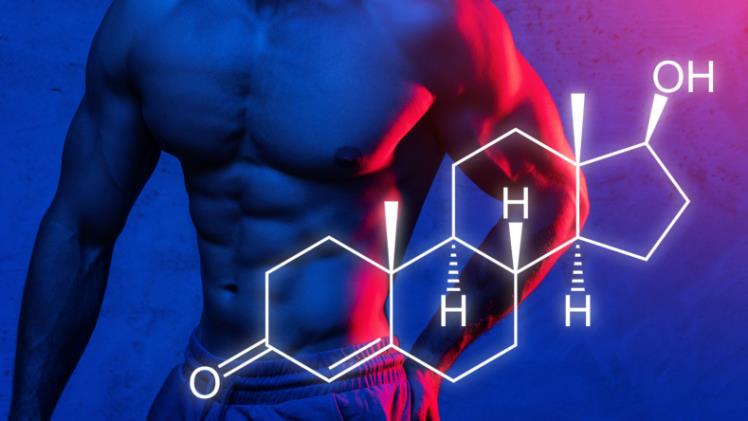Unveiling Testosterone: From Biology to Society’s Expectations – Evan Bass Men’s Clinic

Testosterone often takes the limelight when we discuss topics like masculinity, athletic prowess, and sexual health. However, public discourse frequently reduces this multifaceted hormone to oversimplified roles. This article seeks to examine testosterone from a different perspective, considering its biological implications as well as its impact on societal expectations and norms. Here is what Evan Bass Men’s Clinic say:
The Chemistry Behind the Hormone
Steroid Classification
As a steroid hormone, testosterone belongs to a class of molecules with significant physiological functions. Its chemical structure consists of 19 carbon atoms, forming four cycloalkane rings—further underscoring its complexity.
Synthesis and Release
In males, the Leydig cells in the testes synthesize testosterone. In females, it is produced in smaller amounts by the ovaries and adrenal glands. The pituitary gland regulates its release, a process mediated by luteinizing hormone (LH).
Gender Disparities: More than Meets the Eye
Men vs. Women
While testosterone is present in both males and females, its concentration is about 7-8 times higher in adult men than in women. This disparity has been used to explain everything from muscle mass differences to why men are often considered more “aggressive.”
Hormonal Balance
Even within the same gender, testosterone levels can vary widely. This hormone doesn’t act in isolation; it is part of a complex hormonal ecosystem that includes estrogen, cortisol, and several others.
From Medicine to Marketing: The Commercialization of Testosterone
The TRT Market
Testosterone Replacement Therapy (TRT) has blossomed into a multi-billion-dollar industry. While medically necessary for some, it is also aggressively marketed to aging men as a kind of “fountain of youth.”
Masculinity for Sale?
The marketing around testosterone often reinforces stereotypical notions of masculinity—potency, aggressiveness, and physical strength—thereby contributing to societal pressures and expectations.
The Ethics of Testosterone in Competitive Sports
Natural vs. Artificial
The use of anabolic steroids to boost testosterone and thereby improve athletic performance has been a contentious issue. This raises ethical questions about the “natural” vs. “enhanced” abilities of athletes.
Gender Verification Tests
In sports like athletics and weightlifting, there has been debate over the need for female athletes to undergo testosterone tests, provoking discussions on biological diversity and gender discrimination.
Societal Ramifications
Impact on Relationships
Cultural beliefs about testosterone levels often put undue pressure on relationships, shaping perceptions around sexual compatibility, masculinity, and even fertility.
The Workplace Stereotypes
Beliefs about testosterone can even extend into professional settings, affecting hiring practices, promotions, and the distribution of tasks based on perceived “masculine” or “feminine” qualities.
Testosterone is more than just a biomarker for male traits or a subject of medical inquiry; it is deeply interwoven into the fabric of societal values and expectations. As science continues to unearth the complexities of this hormone, it’s imperative that we reevaluate the societal myths and ethical considerations surrounding it. Through a more nuanced understanding, we can hope to foster a more equitable society that moves beyond reductive stereotypes.





